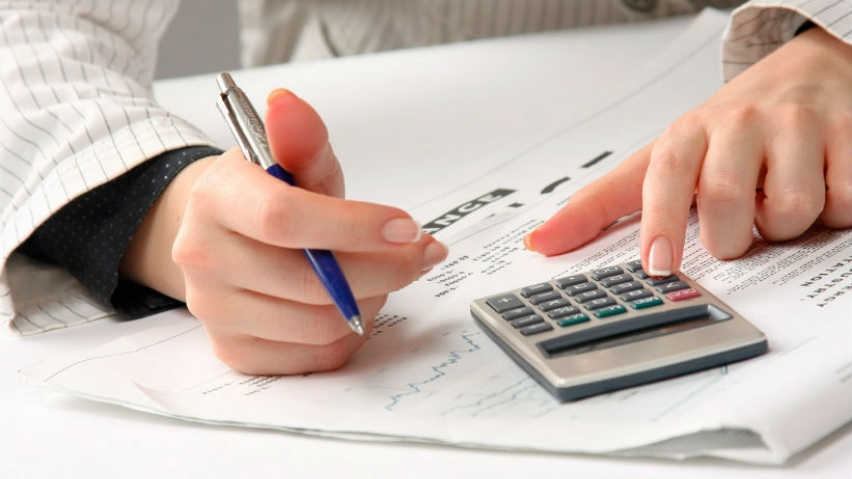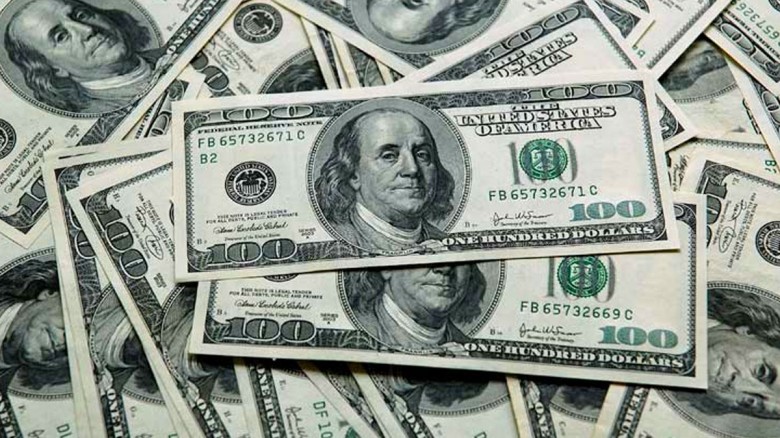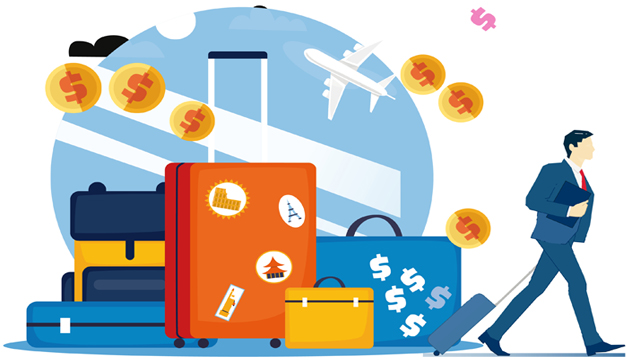Targeted economic growth and redistribution are imperative to recover lost ground and eradicate extreme poverty and reduce poverty, as set out in the 2030 Agenda.
In 2021, extreme poverty in Latin America and the Caribbean affected 78 million people (8 million more than in 2019) and poverty affected 209 million people (22 million more than the previous year) (ECLAC, 2021).
The minimum average growth necessary for poverty eradication (with the current economic structure) is 4% until 2030 and should be accompanied by a strongly redistributive policy (ECLAC, 2020a).
However, growing at 4% per year has two harmful effects for the fulfillment of the 2030 Agenda: Given the current production structure, economic growth in the region generates a greater demand for imports and greater indebtedness of the economies.

To maintain 4% growth once the effects of the stimulus packages disappear, it is required to gradually increase investment levels as a proportion of GDP from the current 17.6% to 28.0% in 2030, which implies an increase of approximately 1 percentage point of GDP per year.
Reducing tax evasion and avoidance
In Latin America and the Caribbean, tax evasion and avoidance remain high and constitute an obstacle to resource mobilization (ECLAC, 2019).
The globalization processes, harmful tax competition between countries, tax privileges, illegal practices and digital innovation have facilitated tax evasion and avoidance.

A comprehensive and concerted tax transition is needed at the international level to minimize this leakage. ECLAC's estimate of tax non-compliance for income tax and VAT is 6.3% of regional GDP in 2017, equivalent to US$335 million.
Additionally, illicit financial flows out of the region as a result of the manipulation of international trade in goods reached US$85 million in 2016, equivalent to 1.5% of regional GDP. Reducing these values would make it possible to finance part of the transition to a low-carbon economy and the implementation of the 2030 Agenda.

In the COVID-19 Reports, potential applications of these resources have been proposed, for amounts close to 3% of GDP, to make emergency transfers and finance a basic digital basket.
If tax evasion and avoidance were progressively combated so as to reduce them by 10% per year to 50% of the total amounts evaded annually, resources of US$1.6 trillion in constant 2019 dollars could be mobilized, equivalent to 36% of the resources needed for a sustainable recovery over the period 2021-2030, without prejudice to their applications for the social purposes indicated.
 English
English  Español
Español 
